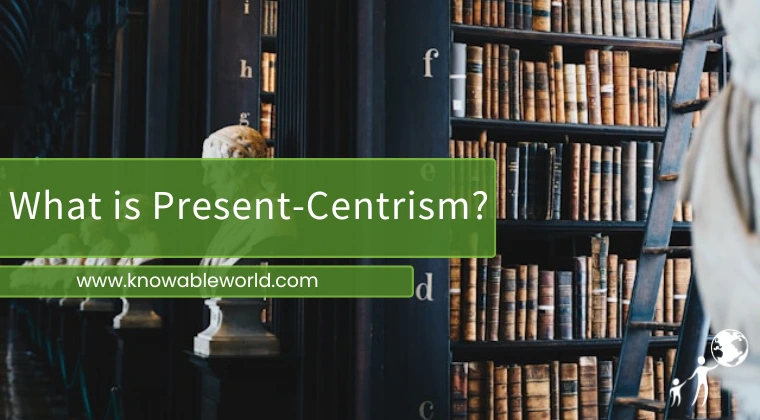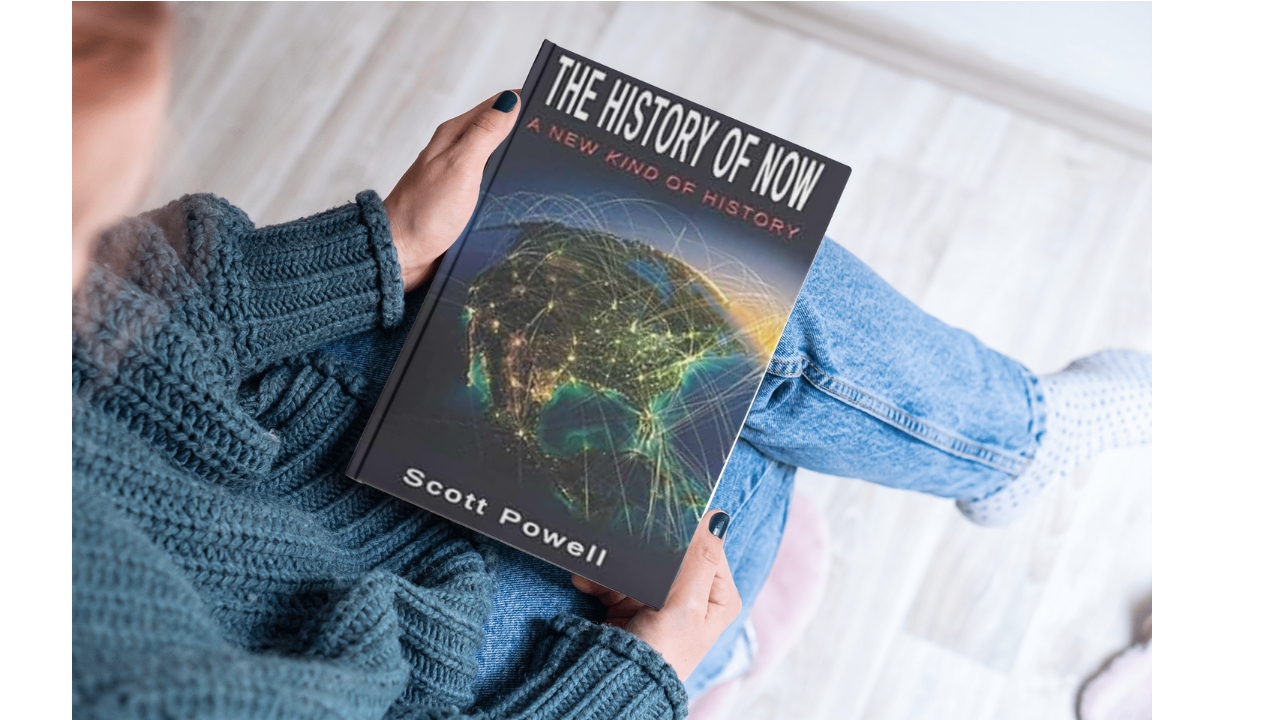
The Birth of Historical Inquiry
History was never meant to be just “the study of the past.” When Herodotus, the father of history, invented the subject, he called it The Inquiries.
Into what?
When Herodotus began his work, there was no record of human activity of the kind he intended to generate. There were myths. There were ancestral legends. There were epics. There were genealogies and king lists. There were self-serving narratives of many kinds. But there was no proper accounting of what had actually happened.
Herodotus’s Revolutionary Approach
Herodotus proposed to combine these into a revelation and explanation of the world of his time, especially of the most pressing crisis of the culture he lived in: the Greco-Persian Wars. Here is the opening passage from his famous work:
Here are presented the results of the enquiry carried out by Herodotus of Halicarnassus. The purpose is to prevent the traces of human events from being erased by time, and to preserve the fame of the important and remarkable achievements produced by both Greeks and non-Greeks; among the matters covered is, in particular, the cause of the hostilities between Greeks and non-Greeks.
There is a lot to unpack here, but there are two key points that Herodotus made that I take to heart in all my work.
1. Herodotus emphasized the importance of the achievements of “Greek and non-Greeks.” In today’s egalitarian environment, this might seem obvious, but it certainly was not prior to the 21st century. And yet there it is, at the birth of history.
2. The particular purpose Herodotus hoped to serve through his enquiry (“inquiry,” if you prefer) is to explain the cause(s) of the conflict that wracked the world of his time.
When these two ideas are combined, we get something powerful. Not a self-serving narrative, but a survey of different points of view and ways of thinking – designed to help the student to grasp how the world came to be the way that it is.
That is present-centrism.

What Happened to “History”?
But what happened to “history”?
That’s a long story, so I’ll cut to the chase.
In the nineteenth century, historians became obsessed with two waring objectives. On the one side were German “scientific” historians, who were concerned with capturing the past wie es eigentlich gewessen — how it really was. They were jealous of the success of scientists engaged in the “disinterested” pursuit of knowledge. Their version of history is precisely what became the sterile, useless version of history we adults remember as a bunch of facts we had to memorize, but which have nothing to do with real life.
The other group — also German — were the Marxists. They claimed to know in advance what the meaning of everything is: a war between oppressed and oppressor. If you’re a mom (or dad) trying to teach your child, which one are you? I hope you know the answer. Even though we recognize the presence of conflicts in human life — Herodotus obviously did from the very beginning — history has rightly jettisoned this mean-spirited oversimplification.
A Nuanced Historical Perspective
The collapse of the Soviet Union helped, but the discrediting of this notion that we are all either being held down, or doing the holding, is ludicrous. When I teach history, I have only one purpose: to help my students understand the world, in all its wonderful complexity.
When I talk about the British Empire, I don’t hesitate to denounce the more vicious aspects of British imperialism. But I also credit the British—as they deserve—with teaching the value of democracy to others, and for ending the slave trade. When I talk about the founding fathers, I don’t shy away from the fact that many were slave holders — in a world where slavery was still considered normal. But you better believe I emphasize the same thing that abolitionist Frederick Douglass, and civil rights activist Martin Luther King Jr. emphasized: the beauty of the Declaration of Independence and the Constitution, and the invaluable impulse they gave to human freedom for all people.
The Pursuit of Progress
It’s rare that we encounter anything perfect in history, but as French philosopher Voltaire once correctly pointed out, the “perfect” is often the enemy of the good.
We live in not just a good world, but a great one.
It is the best time to be alive. Our life expectancy is triple that of human beings prior to the Industrial Revolution. Our wealth is unimaginable to human beings from only a few generations ago. Men have walked on the Moon, and will soon return there, and human beings will likely set foot on Mars in our lifetime. A heart can be transplanted from one person to another. We can fly to the other side of the planet in a day — and in amazing comfort. The Internet provides us with limitless and instantaneous entertainment and learning opportunities anywhere we choose to be. We have technology, literacy, and liberty, of a kind undreamed of in previous ages.
Americans just voted in an election that highlights the enormous value of an electoral system that is the capstone of the longest-lived constitution in the world. Yes, disagreements abound. As do injustices. But in what version of a real, human world, do we imagine them gone? Each generation faces its own challenges.
One of ours is how to salvage history itself.
That is the purpose of present-centrism.

Defining Present-Centrism
The term “present-centrism” is a neologism, so let me elaborate further.
In precise terms, present-centrism is “a mode of historical cognition that seeks to provide an integrated historical awareness of the world we live in.”
In simpler terms, it’s a way of thinking about the past that insists upon one thing above all: relevance, or, if you prefer importance. As I sometimes tell my students, “important” is the most important word in history.
The Historian’s Challenge
It is a truism that history is supposed to be true. Historians document. They compare and contrast. They weigh and measure. They criticize. They don’t take things at face value. They evaluate.
It’s not easy. There is a vast ocean of information out there about the past, and the most important job historians have is sorting through it to figure out what parts deserve our attention. That’s what “important” means: deserving of attention.
What is deserving of attention first and foremost is the world we live in. Not a past that is long gone.
The tricky part is that these are not two separate things. The past is how we got here. And history is supposed to show us that story, so that we can make sense of the world.
If you want a complete statement of present-centrism (for adults) I direct you to the History of Now and its sequel, the History of Tomorrow.
When it comes to our kids, for whom we hope to provide more and better than we got from our education, it is crucial that we embrace this approach. Kids naturally and rightly tune out when stories are merely about other people that lived a long time ago, somewhere else.
What does it have to do with me? That is the entirely proper response we once had, and which they continue to have, if we force-feed them a subject divorced from real life.

The Future of Historical Understanding
But how can we really integrate the plethora of facts that make up the past? In this blog series, we will explore that question from every angle.
- I will explain why and how world geography has to be understood, not merely in terms of countries, but in terms of “cultural blocks.”
- I will explain how the approach allows us to focus on the incomparably important actions of the “cardinal cultures” that direct the course of history.
- I will explain the method of Anchor Facts™ that allows us to grasp the trajectory of such cultures, and how their shifting configuration is generating the kind of world we will live in.
When pursued this way, history becomes anything but boring. It becomes the most compelling story of all.
History Your Kids Will Love
And you won’t have to take my word for it. Knowable World’s students will show you. As part of a new video blog series, I’ll also be interviewing my own students, and you will see what students at all levels of Knowable World are able to achieve. I am proud to say, there is nothing else like it.
And if you’re looking for just a taste of what it might be like for your family to participate, I invite you to find our Anchor Fact ™ series of printables and mini-lessons on Youtube and on this site. You can also join the growing community of parents in the Knowable World group on Facebook.
The revelation and explanation of the world we live in awaits.
Isn’t it time you made history your family’s favorite subject?

Scott Powell is a historian and teacher who has been teaching homeschooled students online for nearly 20 years (as “History at Our House”). He is the author of three books including “The 4-Hour Historian”, “The History of Now”, and the upcoming “The History of Tomorrow”. His present-centric approach was developed from the conviction that history is an essential subject that is vital for anyone who wants to live a fully engaged life and make sense of the world they live in.
